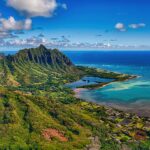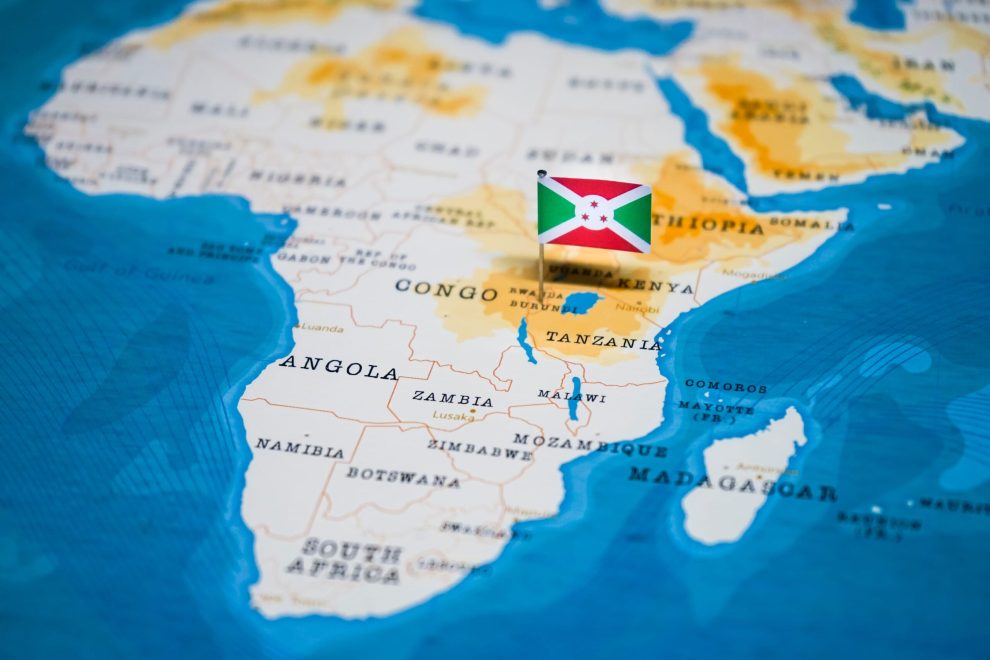Burundi is a landlocked country located in East Africa. It is bordered by Rwanda to the north, Tanzania to the east and south, and the Democratic Republic of the Congo to the west. The capital and largest city of Burundi is Bujumbura.
Here are some key facts about Burundi:
1. Geography: Burundi is a relatively small country with an area of about 27,830 square kilometers (10,745 square miles). It is characterized by hilly terrain, with its highest point being Mount Heha at 2,670 meters (8,760 feet) above sea level. The country is also home to several lakes, including Lake Tanganyika, one of the largest freshwater lakes in the world.
2. Population: Burundi has a population of approximately 11.5 million people. The majority of the population belongs to the Hutu ethnic group, while the Tutsi and Twa ethnic groups make up smaller percentages.
3. Official languages: The official languages of Burundi are Kirundi, which is a Bantu language, and French. Kirundi is widely spoken by the population, while French is used in government, education, and business.
4. History: Burundi was originally inhabited by various African ethnic groups. In the 17th and 18th centuries, the region came under the control of the Kingdom of Burundi. During the colonial era, Burundi was part of German East Africa and later became a Belgian territory. It gained independence in 1962.
5. Politics: Burundi is a presidential republic with a multi-party system. The President of Burundi serves as the head of state and head of government. The political landscape has been marked by ethnic tensions between the Hutu and Tutsi populations, which have led to periods of political instability and violence.
6. Economy: Burundi is one of the poorest countries in the world, with a primarily agrarian economy. The majority of the population is engaged in subsistence farming, growing crops such as coffee, tea, and maize. The country also has some mineral resources, including nickel, copper, and limestone.
7. Culture: Burundian culture is diverse and influenced by various ethnic groups. Traditional music and dance play an important role in the cultural heritage. Drumming is particularly significant and is considered the national instrument of Burundi. The country is also known for its traditional craftwork, including pottery, basket weaving, and wood carving.
8. Challenges: Burundi faces several challenges, including poverty, food insecurity, inadequate healthcare, and limited access to education. The country has also experienced periods of political instability and violence, including a civil war that lasted from 1993 to 2006.
Despite these challenges, Burundi has made efforts to rebuild and develop its economy and society. International organizations and the government are working towards improving living conditions, promoting peace, and fostering economic growth in the country.



















Add Comment